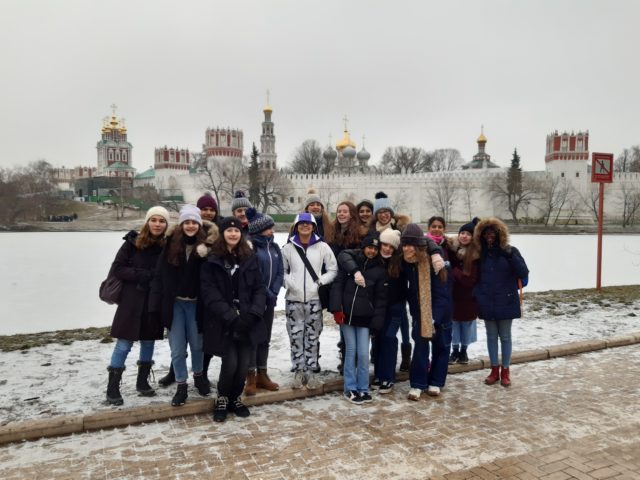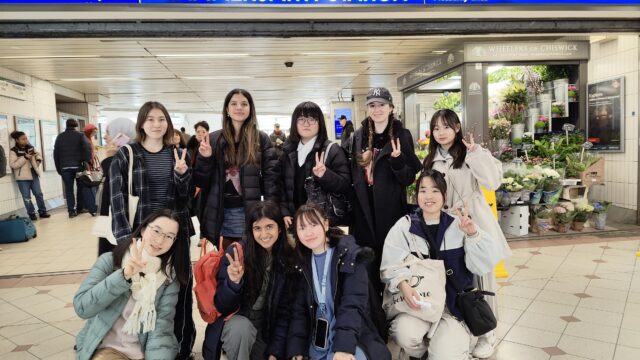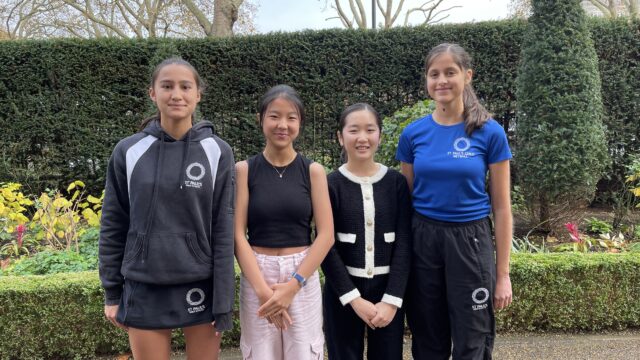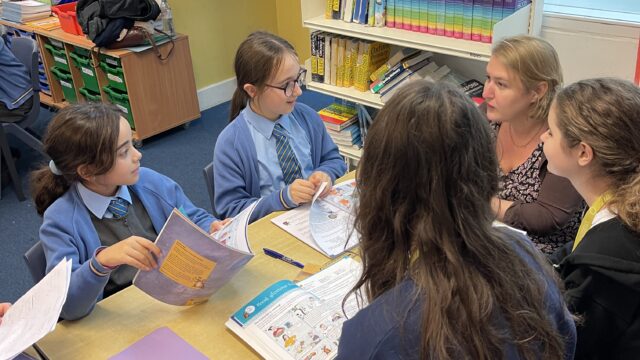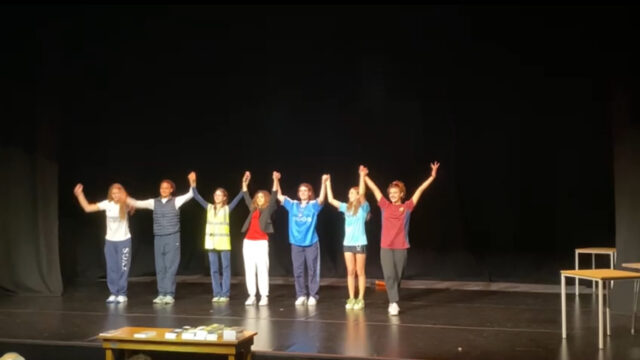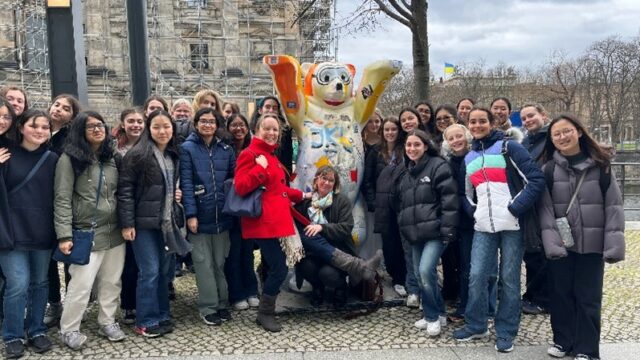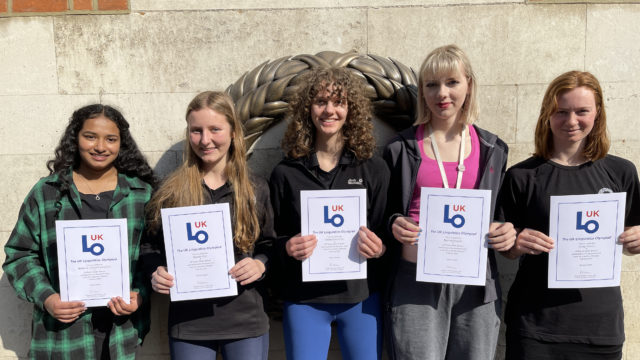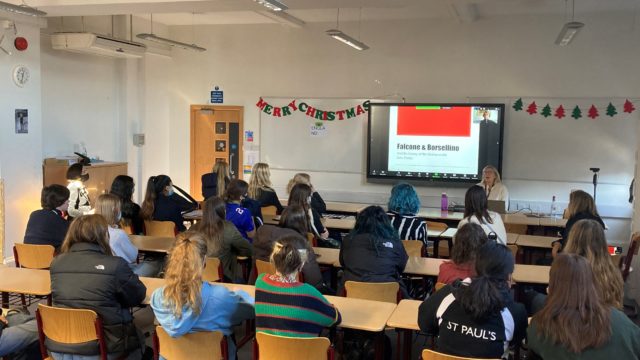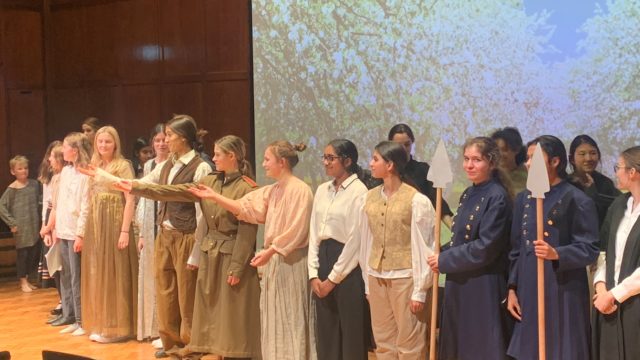Russian
Since September 2016 Russian has featured as one of the languages in the MIV (Year 7) Discovering Languages course, allowing students to access a new alphabet and a taste of Slavonic culture.
Russian is then offered as an optional second modern language from the UIV (Year 8). Pupils may study Russian for two years and then opt into a further two years up to GCSE.
English and Russian have the same Indo-European linguistic origins and behind the exotic-looking alphabet there is a simple system of pronunciation and large number of familiar words.
We make the learning of the new language fun and within the first five lessons pupils learn the Cyrillic script and acquire reading and writing skills. Right from the start of the course, a lot of emphasis is placed on the development of the oral skills necessary for communicating in a foreign country. Within the first two years a firm and solid basis has been laid for the further study of Russian to GCSE level and beyond.
An equally important part of language acquisition is the study of the customs and traditions of the largest country in the world and the mentality of its people. Pupils prepare and deliver a project on ‘Russia on the Map’ in the UIV and are encouraged to attend the Russian Club, Kirillitsa, which takes place every other week. Furthermore, once a week students in the Middle and Senior Schools are invited to attend a Russian news club run in English and communicate via Skype and letter with Russian exchange students of a similar age from a specialist arts and dance school in Moscow.
At St Paul’s, we study Pearson Edexcel GCSE Russian, which retains the traditional format of papers testing all four linguistic skills. All students have an oral lesson each week. At sixth form level, students will work towards the Pearson Edexcel GCE A level. In the VII (Year 12), the students deepen their grammatical knowledge and significantly extend their active vocabulary to explore issues regarding the position of young people in society. They have to be able to offer opinions on relevant topics, ranging from the positive and negative effects of popular trends in society to Russia’s artistic and cultural heritage.
In their final year, the students will explore a literary text and a film, which will be examined through a written response for each of the chosen works. Finally, in paper 3, students will be able to demonstrate their thorough knowledge and understanding of Russian speaking culture by expressing themselves in a confident and sophisticated way, and will have the chance to carry out their Independent Research Project (IRP) on an area of their choice relating to a country or countries where Russian is spoken.
Trips and cultural opportunities
A six-day cultural trip open to members of the Middle and Senior Schools runs every year in December to St Petersburg and Moscow. Members of the Senior School also have the option of volunteering independently at the Orion Project in Kitezh; students of all ages raise funds for this charity every year by participating in the annual London Santa Run. We regularly attend London theatre, ballet and film productions in Russian and in translation, as well as exhibitions and political discussions relating to Russia. We often join up with other schools with Russian Departments, for example attending sixth form Russian Study Days or celebrating Russian Orthodox Easter together. Students have participated with great success in national Russian essay writing (including the Cambridge Fitzwilliam Essay Prize) and poetry speaking competitions.
